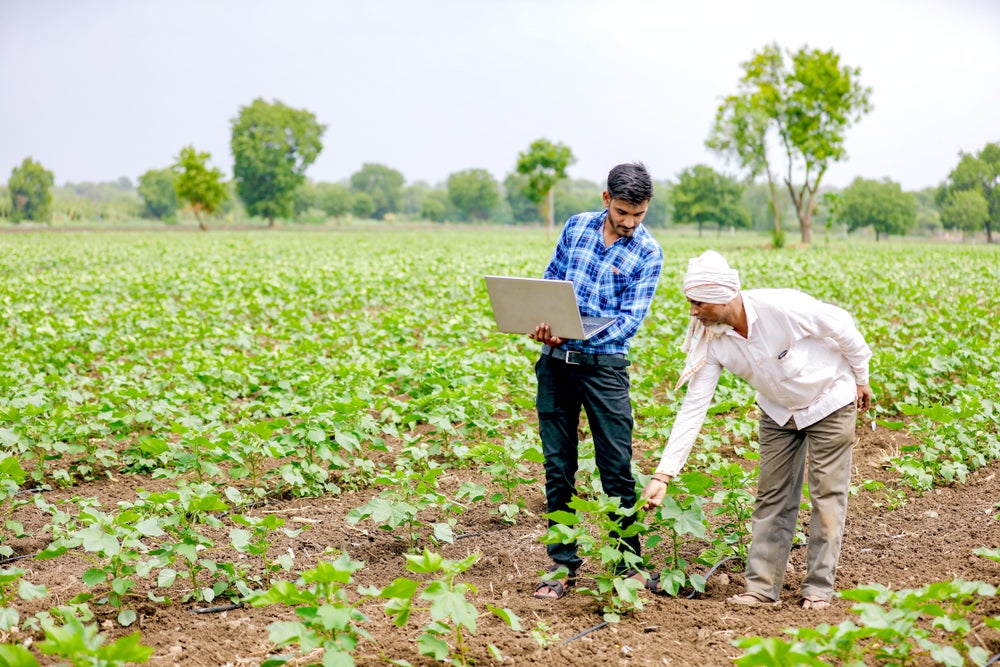
The event titled ‘AgriClimate Nexus: Food, Fibre, and Regeneration for Sustainable Growth in India,’ brought together representatives from farming communities, the private sector, civil society and government in New Delhi, India.
With India’s agricultural sector employing almost half (46%) of the country’s workforce, both organisations wanted to foster collaboration, share insights and make significant strides towards a sustainable and regenerative agricultural future.
Nearly one million farmers across India hold Better Cotton licenses with a significant portion being smallholders operating on plots of land of two hectares or less.
Both organisations want to safeguard the environment and improve the livelihoods of millions of small farming communities involved in food and fibre crop production in India.
Better Cotton said it is following through on its 2030 Impact Targets, launched in April, which commit the organisation to ensuring that 100% of Better Cotton farmers improve the health of their soil.
Discussions at the event revolved around climate change mitigation through carbon sequestration in the soil, prevention of soil degradation and water scarcity, preserving biodiversity, enhancing food security, reducing greenhouse gas emissions and restoring ecosystems.
IDH global director of textiles and manufacturing Pramit Chanda commented: “Through this event, we aspire to create a dynamic, multi-sectoral network and mobilise stakeholders towards a more sustainable and regenerative future for agriculture in India. In this, it is paramount that each stakeholder group considers the role they can play to make this a reality.”
Better Cotton claims to be grounded in the concept of regenerative agriculture, which emphasises that farming should give back to nature and society, which is why it updated its Principles & Criteria (P&C) earlier in the year to include regenerative practices applicable to all cotton-growing countries. These practices include maximising crop diversity, minimising soil disturbance, and maximising soil cover.
Better Cotton is also exploring the possibility of introducing an additional license level focused on regenerative practices, which would provide funding and market opportunities. The cotton organisation is actively seeking suitable partners to complement these efforts and drive collective change at the field level.
Better Cotton’s India programme director Jyoti Narain Kapoor said: “Scaling the use of regenerative agricultural practices will be important to farming communities globally if they’re to ensure their operations are resilient in the face of climate change. This convening will go a long way in strengthening cross-commodity relations and aligning organisations committed to supporting this cause.”
In the future, IDH and Better Cotton plan to continue fostering cross-commodity, multi-stakeholder dialogue on regenerative agriculture. This dialogue will involve businesses and organisations from the food and fashion industries, as well as other key groups such as government entities, civil society organisations, academia, and the financial sector.
IDH and Better Cotton believe the establishment of a common framework and an enabling environment will be essential in advancing discussions on regenerative agriculture across policy, finance, and industry, further supporting Better Cotton’s ambitions to collaborate with partners in this critical area of work.



